|
If you’re planning on homeschooling your child, you’ll need to learn the many styles of homeschooling that’s available so that you can decide which would work best for your family.
Eclectic Homeschooling - This type of homeschooling works under the philosophy that you should enhance your child’s everyday activities and emotions, using them to insert appropriate lessons to teach them a subject. Classical Homeschooling - This is a method of learning that goes all the way back to the middle ages. It works on the philosophy that the younger children begin with learning the basics of reading, writing and arithmetic. Once that’s mastered, they move on to the next stage, which consists of grammar. It involves compositions and collections. Then they move to the dialect stage, where the serious study of reading and writing and arithmetic comes in. Instead of learning grade-appropriate materials that public schools use, the child learns in stages. The Charlotte Mason Method - This is one of the most popular methods of homeschooling today. Charlotte Mason developed this style to enrich a child’s education through nature, literature and real life experiences. Although a child must still be taught with a regular curriculum according to your state’s laws, they can learn to love learning with nature lessons, poetry understanding and much more. When learning is more enlightening for a child, they’re more apt to absorb the information then when they’re given a bunch of facts to memorize. Montessori-at-Home - This type of homeschooling allows a child to learn their fundamentals through the use of their environment and by using all of their senses - not by memorizing facts from a textbook. Montessori was a woman who studied children for many years and developed the philosophy that one should control the environment and not the child when teaching them skills. The Moore Formula - This method is divided into three separate parts. It’s a way of teaching with studying for a determined amount of time each day based on the child’s needs. It involves manual work and entrepreneurship, which teaches a child to accept responsibility. Lastly, it involves home or community service, which builds character within the child. The Reggio Emilia Approach - This method teaches preschool-aged children to learn through exploration and not by having the fundamentals forced on them. It teaches that children have a built-in sense that allows them to learn what they need in this world at their own pace. The Structured Homeschooling Approach - This is a method of homeschooling that is similar to the curriculum seen in public schools. This approach teaches lessons at a grade level depending on the student’s age and where they are at in their academics. The Unit Study Approach - This approach to homeschooling allows a child to learn a subject as a whole instead of just reading chapters in a textbook. A child learns a subject through use of reading, science, math and other methods to learn that topic. Children can retain almost 50% more than the traditional study techniques applied in public schools. Unschooling – This is a more laid back form of educating your child. Basically, your son or daughter will lead you in their educational needs. You’ll discover what to teach them based on their own interests and goals, not by abiding by a strict curriculum. Waldorf Homeschooling - This method works on the philosophy of teaching through use of spirit, soul, and body. The method teaches that the child will best learn by exploring their environment. By analyzing your child’s learning abilities and your comfort-level with each type of instruction, you’ll be able to find a method of homeschooling that fulfills both you and your child during the educational journey the two of you take together.
0 Comments
A portfolio is an excellent way to keep track of how well your child does throughout their homeschooling years. It shows their progress and alerts you to any issues that you may need to review at a future time.
A homeschool portfolio can also be the key to having your high school student accepted into a college. Most colleges ask for transcripts, but if you homeschool without using a distance education program with a proctor, you won’t have official state documents to share with them. A portfolio of exam grades, projects (pictures are always a great accompaniment to this), and essays – as well as a record of daily grades taken in ninth through twelfth grades can help the administrator lean toward signing an acceptance letter. Have a list of all of the training materials you’re using or have used to educate your child. For textbooks, include the publisher along with the title. Include a list of books that were assigned to your child for reports. Write down some goals you and your child set for each year. This is a great evaluation tool you can use mid-year to see if your teaching skills and their level of absorption are meshing well. If not, then you can switch gears and help them reach their goal before the semester is up. Your child can gain a tremendous amount of pride and self-confidence by seeing that they were able to reach those goals. You may want to keep a record of your daily lesson plan. You can jot down page numbers from the book you were studying so that you know where you left off from the last time. It isn’t necessary to add how well your child did on each lesson unless you want to. Keep samples of some of your child’s schoolwork. It isn’t necessary to put all of their daily papers into the portfolio. You only really need some of their best work to show what progress they’ve made throughout the year. The rest of the papers should be kept elsewhere for awhile - in case they need to be referenced at a later date. Keep a list of field trips you took your son or daughter on. You can then attach reports they may have done for assignments explaining what they learned on that field trip. You can also include photographs taken while you were on the field trips and show some of the things you saw or did while you were there. This will make for a wonderful keepsake later in life. Make sure you check with your state to see if they require anything special to be placed in your child’s portfolio. Your child can decorate the cover and get involved in the maintenance of their own school portfolio to showcase all that they’ve achieved. The Annual Record Portfolio is a printable, downloadable form for purchase in the Homeschooling One Child's store, available here. This Annual Record Portfolio is designed to serve as a homeschool report card, documentation of the year, and to be included in a homeschooler's annual portfolio or saved work from the year. Designed by a homeschooler, it features places to document quarterly, semester, and final grades in a multitude of subjects, as well as standardized or advanced placement testing. This Annual Record Portfolio is appropriate for middle and high school grades. |
AuthorTerrie Bentley McKee is an author and speaker who homeschools her youngest daughter. Married to her husband Greg, they have four children, all of whom have special needs of varying degrees. Terrie is a follower of Jesus Christ and tries to glorify God in all she does. To read more about her testimony, click here. Affiliate LinksHomeschooling One Child is a participant in the Amazon Services LLC Associates Program, an affiliate advertising program designed to provide a means for sites to earn advertising fees by advertising and linking to amazon.com. Check out our YouTube channel!Check out our podcast!Please pin!Archives
January 2024
Categories
All
|
- Home
- Blog
- Podcast
-
Resources
- Teach What is Good Devotional
-
Convention Resources
>
- Homeschooling a Teen with Autism
- Tips on Creating a Disability-Inclusive Church
- How to Teach Your Exceptional Child about Faith
- Homeschooling Preschoolers with Autism
- How to Pick Developmentally Appropriate Curriculum for your Autistic Child
- Overwhelmed
- Homeschooling One Child
- Life Skills Chickens
- Strategies on Homeschooling Kids with Special Needs
- About Us >
- Vlog
- Homeschooling News
- Printables
- Special Needs
- Curriculum
- Encouragement
- Home Management >
- History
- Science
- 25 Days of Advent
- Courses
- Store
(C) 2023 Terrie Bentley McKee ALL RIGHTS RESERVED
- Home
- Blog
- Podcast
-
Resources
- Teach What is Good Devotional
-
Convention Resources
>
- Homeschooling a Teen with Autism
- Tips on Creating a Disability-Inclusive Church
- How to Teach Your Exceptional Child about Faith
- Homeschooling Preschoolers with Autism
- How to Pick Developmentally Appropriate Curriculum for your Autistic Child
- Overwhelmed
- Homeschooling One Child
- Life Skills Chickens
- Strategies on Homeschooling Kids with Special Needs
- About Us >
- Vlog
- Homeschooling News
- Printables
- Special Needs
- Curriculum
- Encouragement
- Home Management >
- History
- Science
- 25 Days of Advent
- Courses
- Store
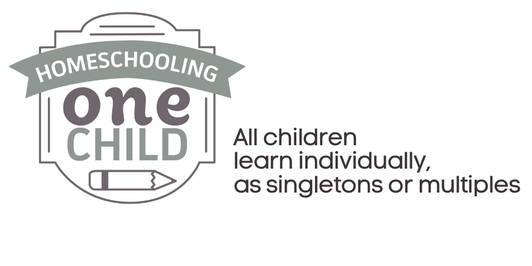
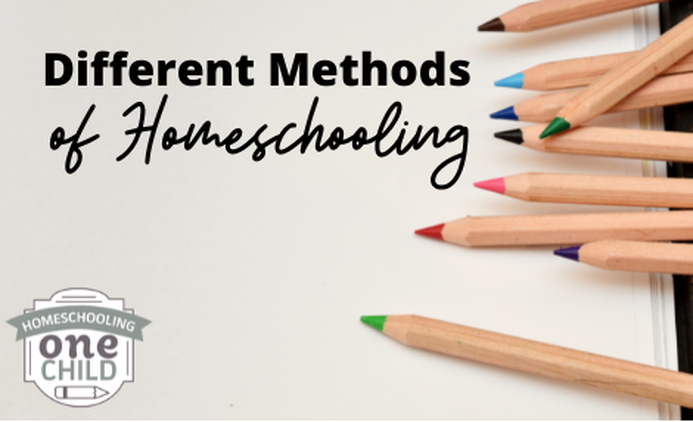
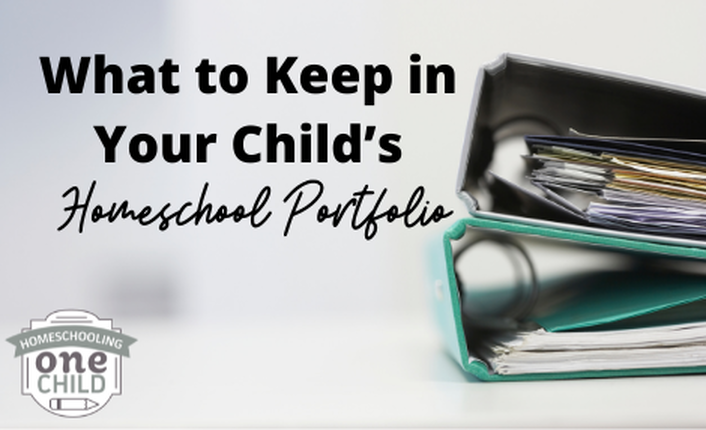
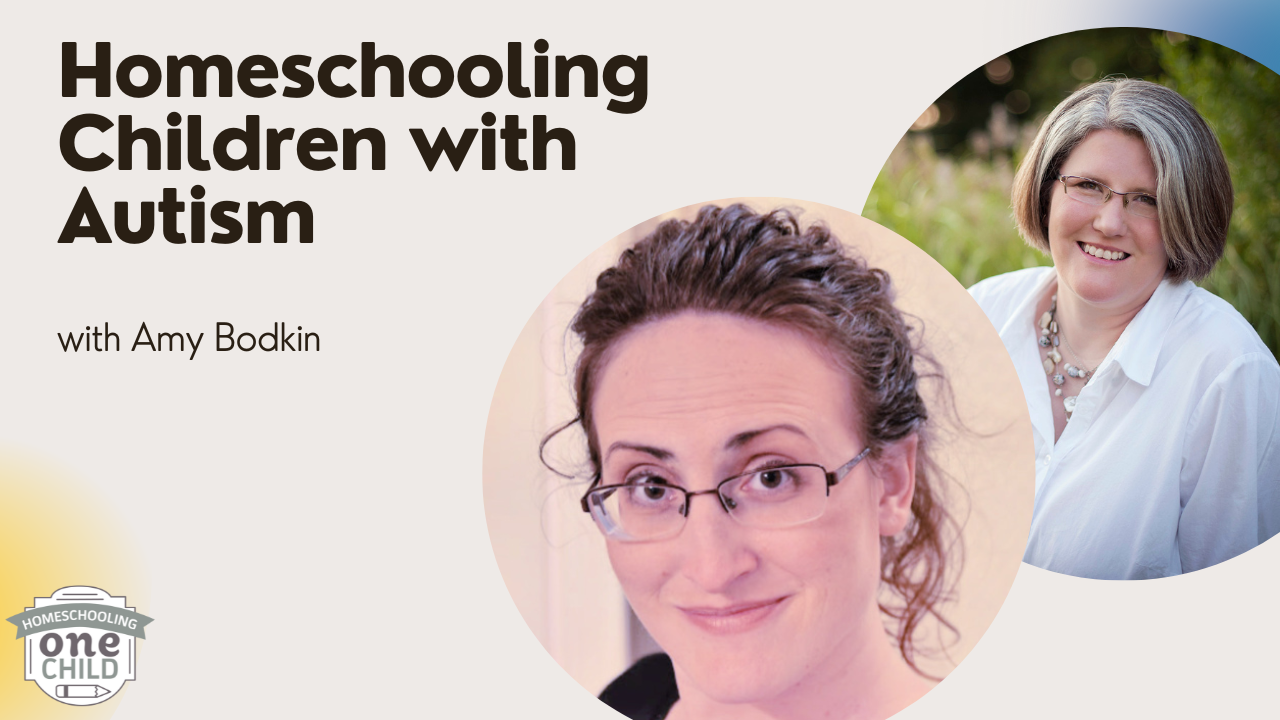

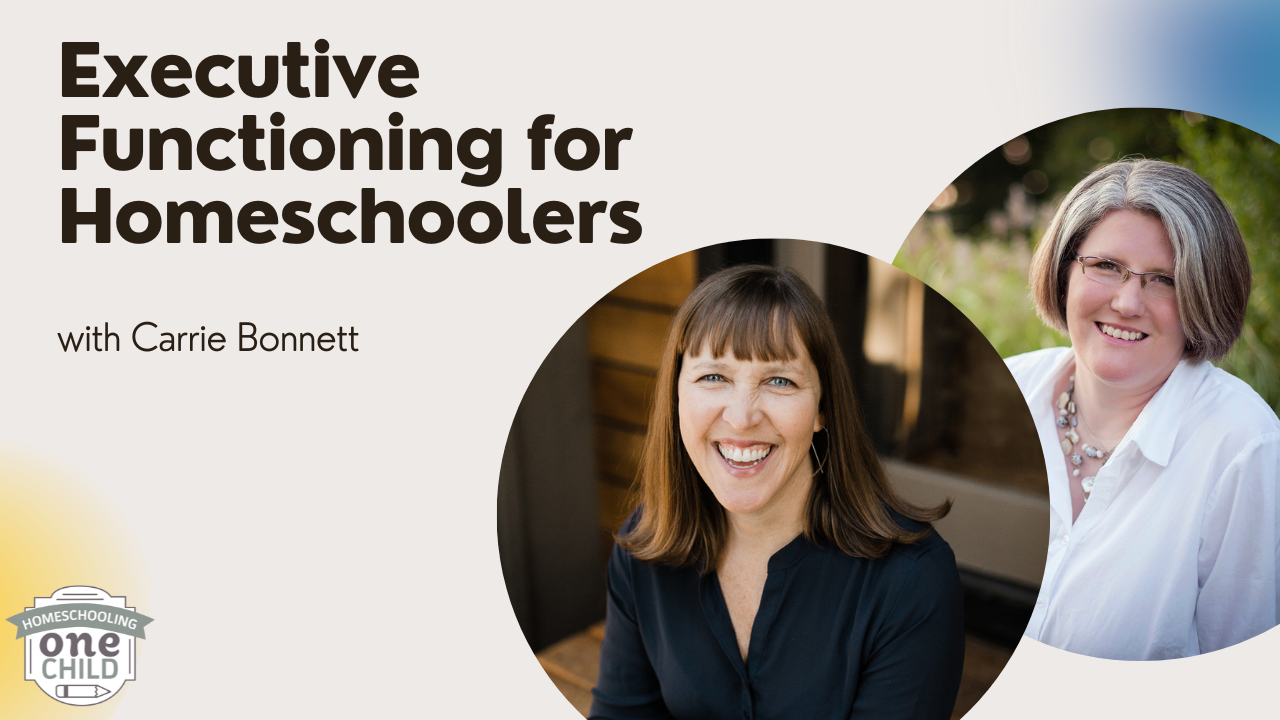
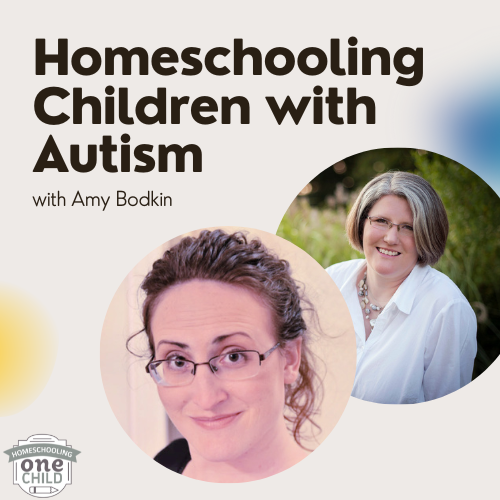
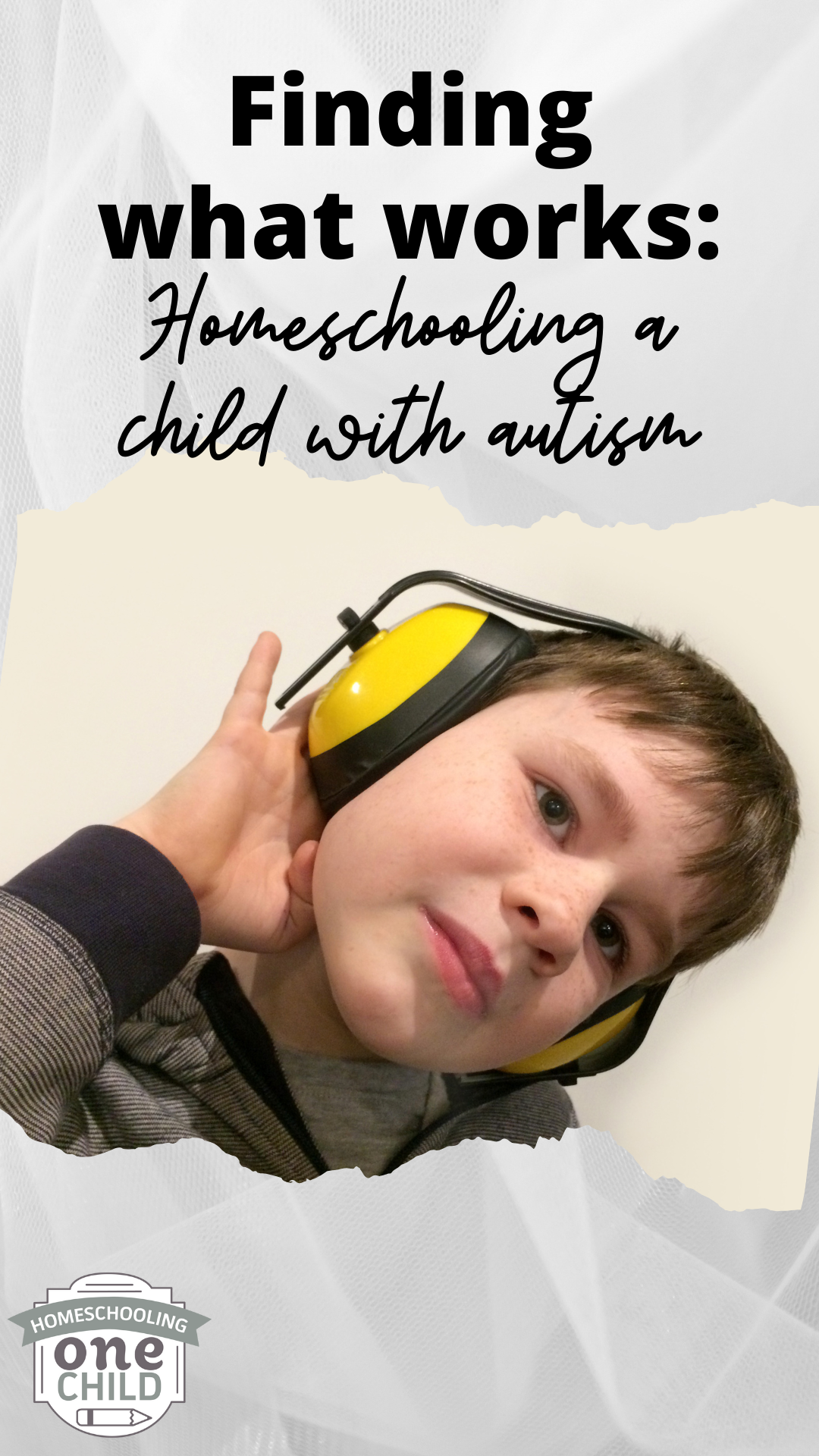
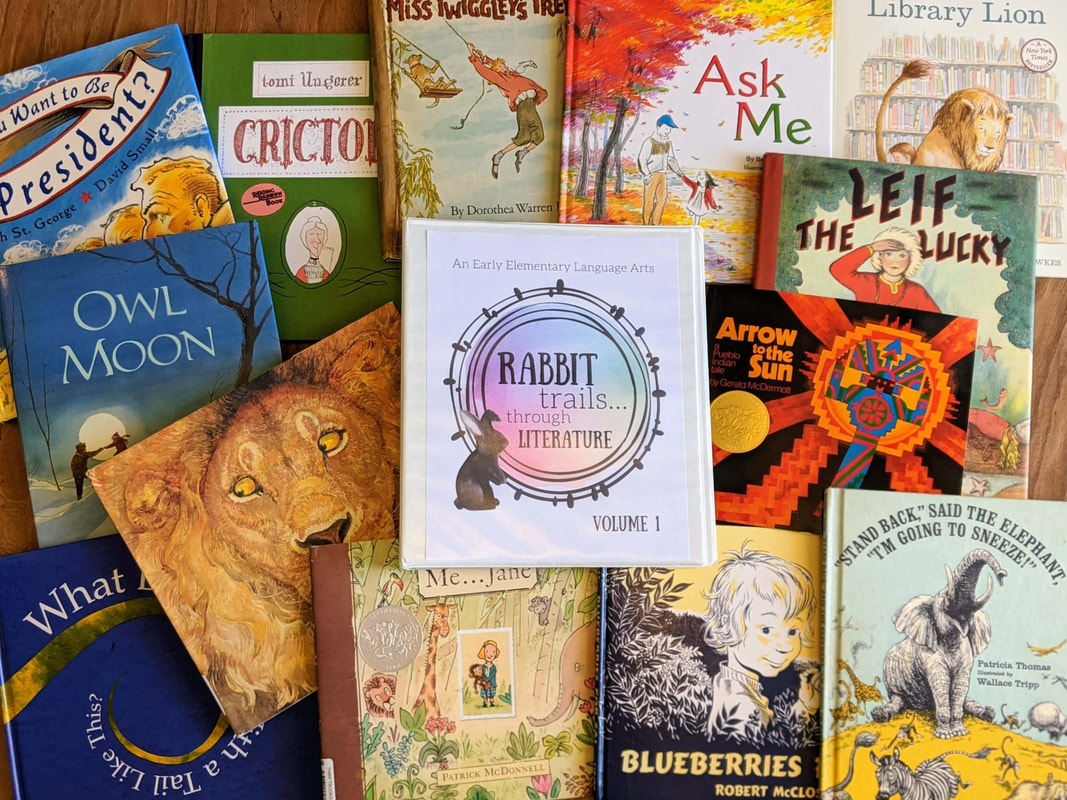
 RSS Feed
RSS Feed
